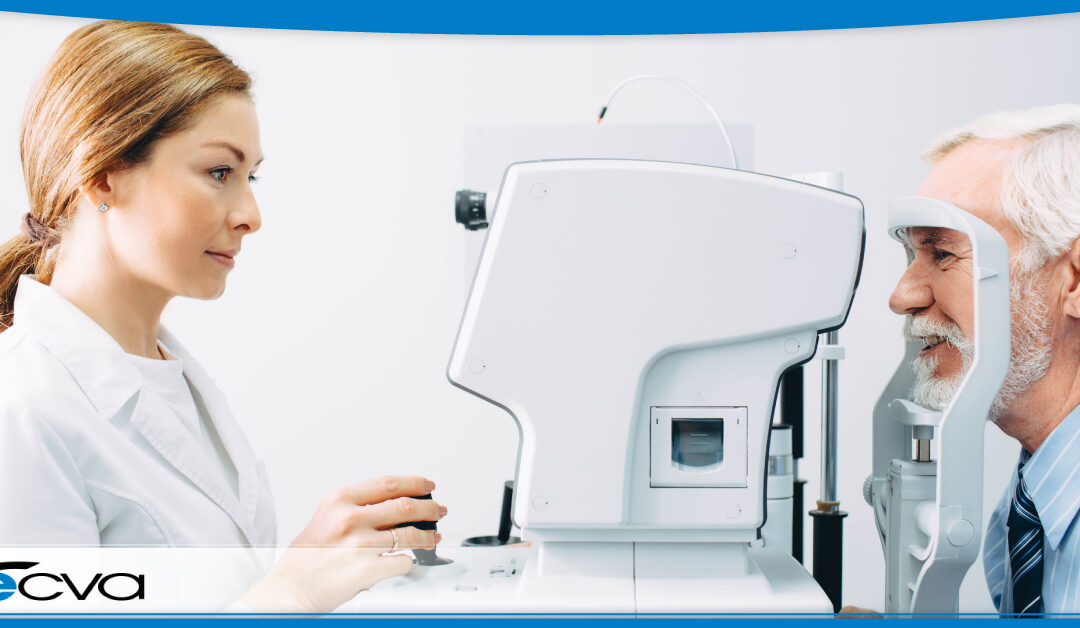Receiving a diagnosis of age-related macular degeneration (AMD) is often startling and concerning, particularly if you aren’t overly familiar with AMD. As a result, it’s wise to prepare questions that you can ask your ophthalmologist after being referred for an appointment. If you aren’t sure what to ask, here are a few questions that will help you understand the diagnosis and get the conversational ball rolling.
Is It Wet or Dry AMD, and Is It Affecting One or Both Eyes?
AMD comes in two primary forms, wet and dry. Each type has a unique cause and requires different treatments to manage. As a result, it’s critical to learn which kind of AMD you have early in the process.
Additionally, finding out if it’s affecting one or both eyes is wise. Either is a possibility, so learning whether both eyes are impacted is essential.
What Stage Is My AMD?
Knowing the stage of AMD lets you know how advanced the condition is, and it may make it easier to determine which treatment options are worth pursuing at that time. By asking your ophthalmologist whether you’re in an early, intermediate, or advanced stage, you’ll have a better understanding of your current diagnosis.
Is My AMD Likely to Progress?
When, how, or if a condition progresses depends on multiple factors. With this question, you can find out how quickly your AMD may advance, allowing you to determine whether various treatment options make sense at this time.
Will Any Lifestyle Changes Slow Progression?
In some cases, lifestyle changes – like altering your diet, adjusting your exercise schedule, or taking supplements – can impact the progression of specific eye conditions. However, whether any changes are right for you depends on many factors. For example, whether there are other medical conditions you have that would be negatively impacted by an adjustment is something you need to discuss with your care team before making lifestyle changes.
Should My Blood Relatives Get Checked for AMD?
Genetics can play a role in some eye conditions, including whether someone is potentially at greater risk of developing AMD. By asking your doctor this question, you can find out if your blood relatives – such as siblings or children – may need more frequent screenings to ensure the health of their eyes.
How Frequently Should I Schedule Follow-Ups with My Eye Care Provider?
With conditions like AMD, it’s wise to schedule follow-up appointments with your eye care provider to monitor how your AMD progresses and whether various treatments are effective. Speak with your ophthalmologist to determine an ideal schedule and prioritize those appointments. That ensures your eye care provider can adjust the treatment plan quickly if necessary, increasing the odds that your vision is preserved as much as possible.
At ECVA, the safety and health of our patients’ eyes are our priority. If you were recently diagnosed with AMD and want guidance on treatment options, our board-certified ophthalmologists are here to help. Schedule an appointment at your closest ECVA clinic today.


